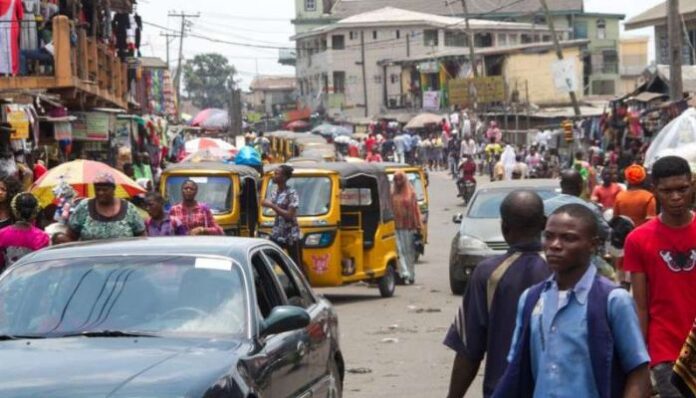The World Bank has estimated that about 139 million Nigerians are living in poverty. This is despite positive outcomes of recent macroeconomic reforms which are yet to translate into real improvements in citizens’ living
World Bank Country Director for Nigeria, Mathew Verghis, who stated this in Abuja on Wednesday during the launch of the latest Nigeria Development Update (NDU) report in Abuja, said
millions of Nigerians have yet to feel the benefits of the reforms, warning that macroeconomic gains must be swiftly converted into welfare improvements.
The new NDU report, titled “From Policy to People: Bringing the Reform Gains Home,” outlines a three-point agenda for sustaining progress — reducing inflation, improving the efficiency of public spending, and expanding social safety nets.
Verghis commended the federal government for implementing bold policy reforms — particularly the removal of petrol subsidy and exchange rate unification — noting that these actions have begun to stabilise the economy and lay a stronger foundation for long-term growth.
“Over the last two years, Nigeria has implemented major reforms around the exchange rate and petrol subsidy. These policies have laid the foundation for transforming the country’s economic trajectory for decades to come,” he said.
He said the effects of these measures are becoming evident in improved revenues, stabilising foreign exchange markets, growing reserves, and a gradual decline in inflation.
“Growth has picked up, revenues have risen, debt indicators are improving, the FX market is stabilising, reserves are rising, and inflation is finally beginning to come down. These are major achievements, and many countries would envy them,” Verghis stated.
“Despite these stabilisation gains, many Nigerians are still struggling. In 2025, we estimate that 139 million Nigerians live in poverty. The challenge is clear: how to translate reform gains into better living standards for all,” he said.
Verghis emphasized that curbing food inflation is particularly crucial to protecting the poor and maintaining public support for ongoing reforms.
“Food inflation affects everyone but hits the poor the hardest. It also threatens to undermine political support for reforms. Tight monetary policy is essential, but it must be complemented by structural measures that tackle supply and market bottlenecks,” he explained.
He called for better management of public resources and stronger safety net programmes to cushion economic hardship and promote inclusive growth.
“These are not abstract ideas — they are practical steps that can turn macro-stability into improved livelihoods,” he said.
Verghis reaffirmed the World Bank’s commitment to supporting Nigeria’s reform agenda through policy advice, technical assistance, and financial support aimed at fostering sustainable development and shared




